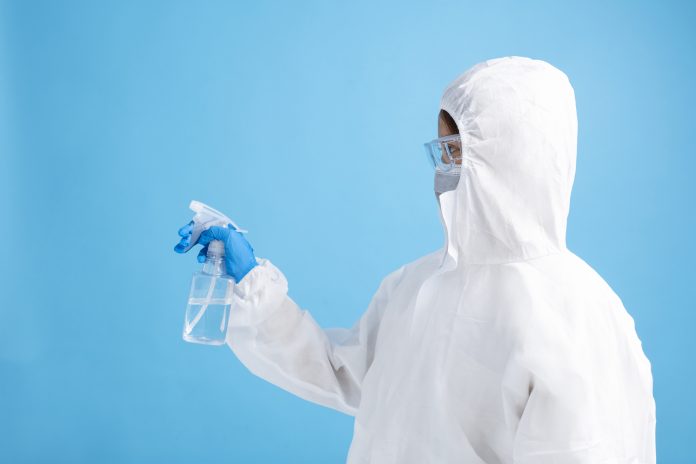Dr Anas Nader, co-founder and CEO of Patchwork Health, discusses why we must find reliable ways to keep NHS teams safe when they can’t work from home during the pandemic
“Stay home and protect the NHS” has been the plea underpinning British public health messaging since March. But the people powering our much-applauded health service can’t stay at home. Every day, they walk into hospitals and onto wards, putting themselves in the line of fire in order to keep us well. But this doesn’t mean we can simply normalise their elevated risk from COVID-19, or write it off as an occupational hazard. Instead, we must embrace practical initiatives that can drive down virus exposure for NHS staff; protecting those who are working so hard to protect us. And with UK regional infection levels rising to critical levels once more, there’s no time to waste.
PPE
When we think about protecting staff, initial thoughts turn to the role of PPE. Many headlines were made during the spring thanks to shortages across all forms of vital protective equipment. As the Government scrambled to shore up supply, incredible volunteer initiatives sprung up to fill the void. Fashion students were stitching masks, 3D printers were churning out face shields, companies were donating aprons. This time around, decision-makers must ensure that they have sufficient reserve stock and a resilient, stress-tested network of suppliers. It’s vital that these supply chains remain under constant review and can be sustained throughout the winter. Forward planning, supplemented by innovation when needed, is critical.
But beyond PPE, which thus far appears to be under much better control during this phase of the pandemic, we must also assess how staff at higher risk of the virus are being deployed on the frontlines.
Whether it’s older healthcare staff or those with underlying health conditions, we know that some NHS employees are more vulnerable to COVID-19 than others. Again, we cannot simply shrug our shoulders and cross our fingers in the hope that they’ll stay well. Instead, we need to embrace new ways of offering enhanced protections to those who require it.
One way of doing this is to turbo-charge COVID risk assessments; something that the NHS has recently introduced much-welcomed guidance around. By giving a red, amber or green rating (high, medium or low-risk) to each member of staff depending on their personal COVID-19 risk factors, hiring teams and shift managers can keep track of where and how high-risk individuals are working. Then, by harnessing the power of digital technologies, this process can be automated – allowing administrators to proactively engage with staff to ensure they’re not exposing themselves to shifts or wards deemed too risky for them. It’s digital evolutions like this that will hedge risk and minimise it for NHS workers.
Mental health
And we must never forget about mental wellbeing – something that NHS leaders are rightly prioritising at the moment. When it comes to protecting the mental health of NHS teams during a pandemic, there is no easy solution. In the first instance, the NHS must look to proven strategies which tackle the root causes of stress and burnout. This might mean making it easier and feasible for staff to take time off or to factor in recharge days. It could be to introduce flexible hours to reduce burnout and having processes in place to help staff reduce their workload if they’re feeling overwhelmed. And we must continue to heavily invest in professional counselling services, whether over the phone or in person, that staff can access confidentially.
NHS colleagues are already going above and beyond to keep their colleagues safe, performing everyday acts of kindness and compassion towards one another which are truly inspirational. And, as the second national lockdown begins, senior leaders are working hard to provide the necessary tools and support to protect frontline clinicians. As we’ve learnt from experience, our hard-working NHS teams are a critical final line of defence. As they work hard to get us through the latest chapter in this evolving crisis, they need to know we’re all behind them; doing what we can to protect those who protect us.











